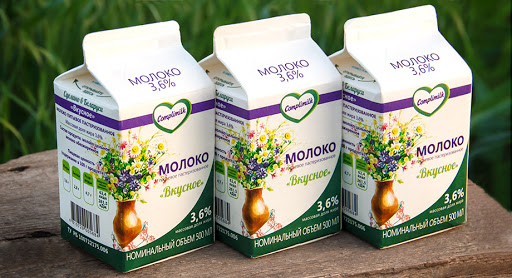Bloomberg learned about the role of Singapore in the re-export of Russian oil
Demand for oil storage tanks in Singapore is on the rise as a result of the “rapid flow” of Russian oil that is shipped into the country and then blended with other grades and re-exported around the world, writes Bloomberg.
As the sources and one of the heads of the tank operator specified to the agency, the storage facilities are being bought up due to growing interest and profits from mixing cheap fuel from RUSSIA and other sources. The process could help hide the origin of the fuel, they said.
Singapore has not banned the import of Russian oil or oil products, Bloomberg notes.
The agency cites its own statistics, according to which the supply of Russian oil and oil products to Singapore has increased several times since November 2022. So, if in March the country was supplied with 281 thousand barrels. oil and 40 thousand barrels. oil products, then applications for July amount to 2.6 million barrels. oil and 546 thousand barrels. oil products.
“We are seeing an increase in requests for short-term/spot storage through December [2023],” a spokesman for oil storage company Advario Asia Pacific Pte told the agency.
Demand for oil storage tanks is up 17% to 20% year-over-year, Bloomberg notes. A representative of the energy consulting company FGE told the agency that Russian oil entering Singapore's reservoirs is likely to be re-exported to the markets of Northeast Asia.
According to William Tan, vice president of the Singapore consulting company Miyabi Industries, traders can get up to 20% profit from mixing Russian components with other varieties. He added that this trend has existed since October, and the margin from blending varieties is on average 10-12% higher than usual. “Part of this blended fuel could go to fill storage facilities in Singapore or be sold to neighboring countries such as Indonesia and Vietnam,” Tan added.
Read on RBC Pro Dangerous adults: how to teach a child not to communicate with strangers How terrible will 2023 be for investors - The Economist How to choose an investment advisor who will not bankrupt you Video call to the bank:how soon it will appear and what is the danger for customersIn the usaannounced a drop in Russia's income due to the oil price ceiling Politics
In early December, the EU countries and the G7 agreed on a price ceiling for Russian oil at $60 per barrel. Restrictions on oil began to operate on December 5, 2022, and on February 5, 2023, they will also apply to oil products from Russia. In particular, insurance and financing of transactions with Russian oil, if its price exceeds the established limit, fell under the ban.
In response, Russian President Vladimir Putin signed a retaliatory decree that bans oil supplies if contracts "explicitly or implicitly provide for the use of a price-fixing mechanism." The ban is valid from February 1 to July 1, 2023. Exceptions may be made by decision of the President.
At the end of last year, oil production in Russia amounted to 535 million tons (plus 10 million tons, or 2% compared to last year), oil exports grew by 7%, Deputy Prime Minister Alexander Novak said on January 16. Earlier, he also admitted that due to sanctions in Russia, oil production may be reduced.




















































